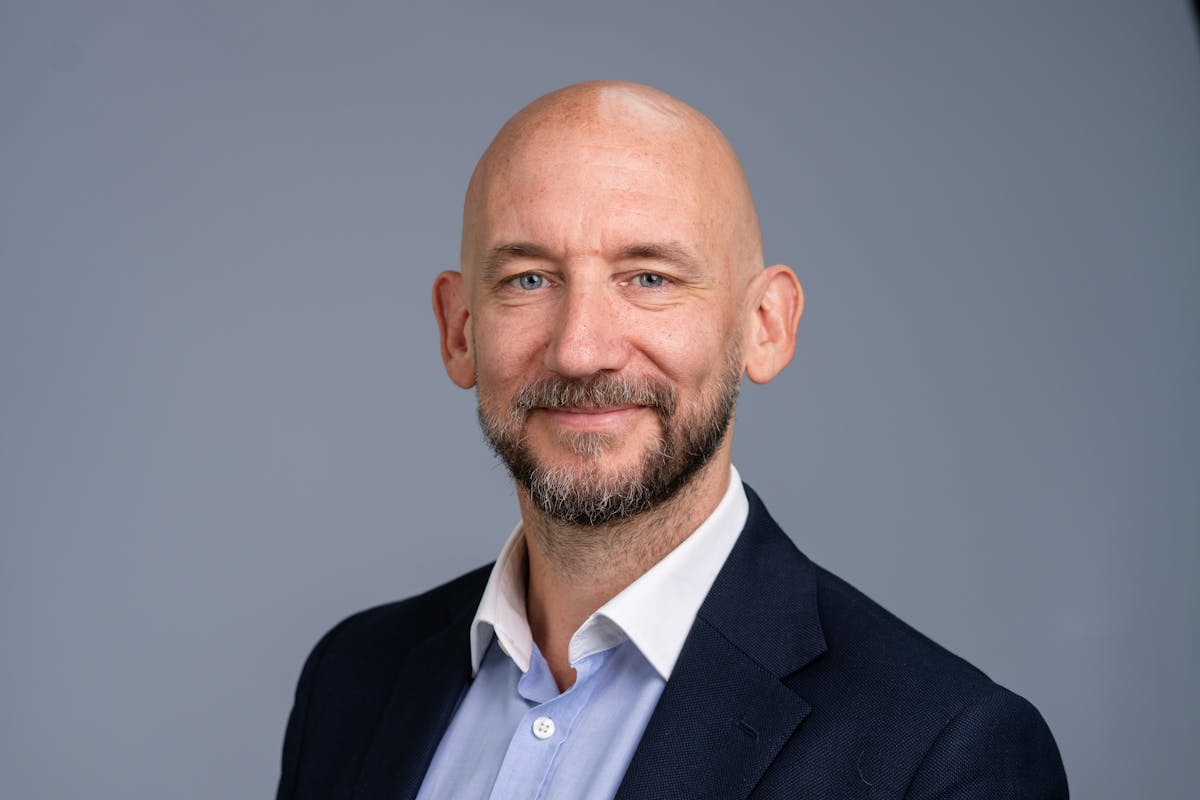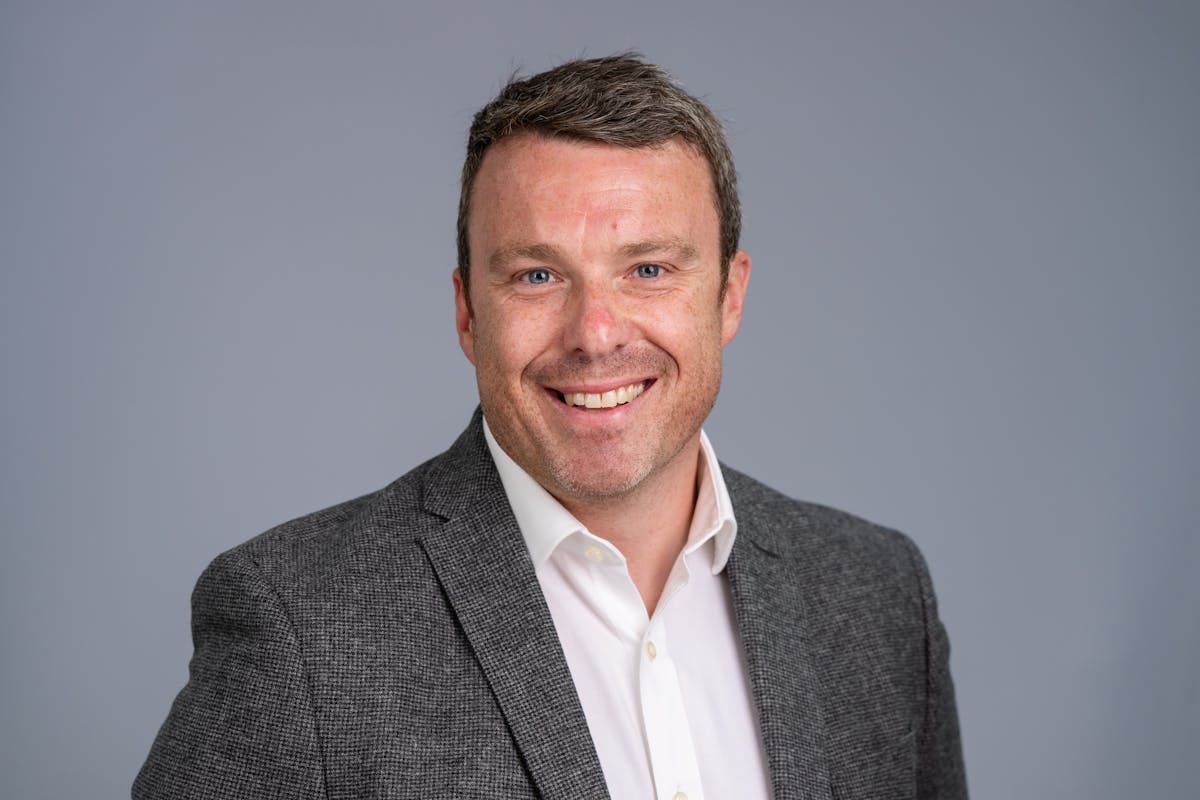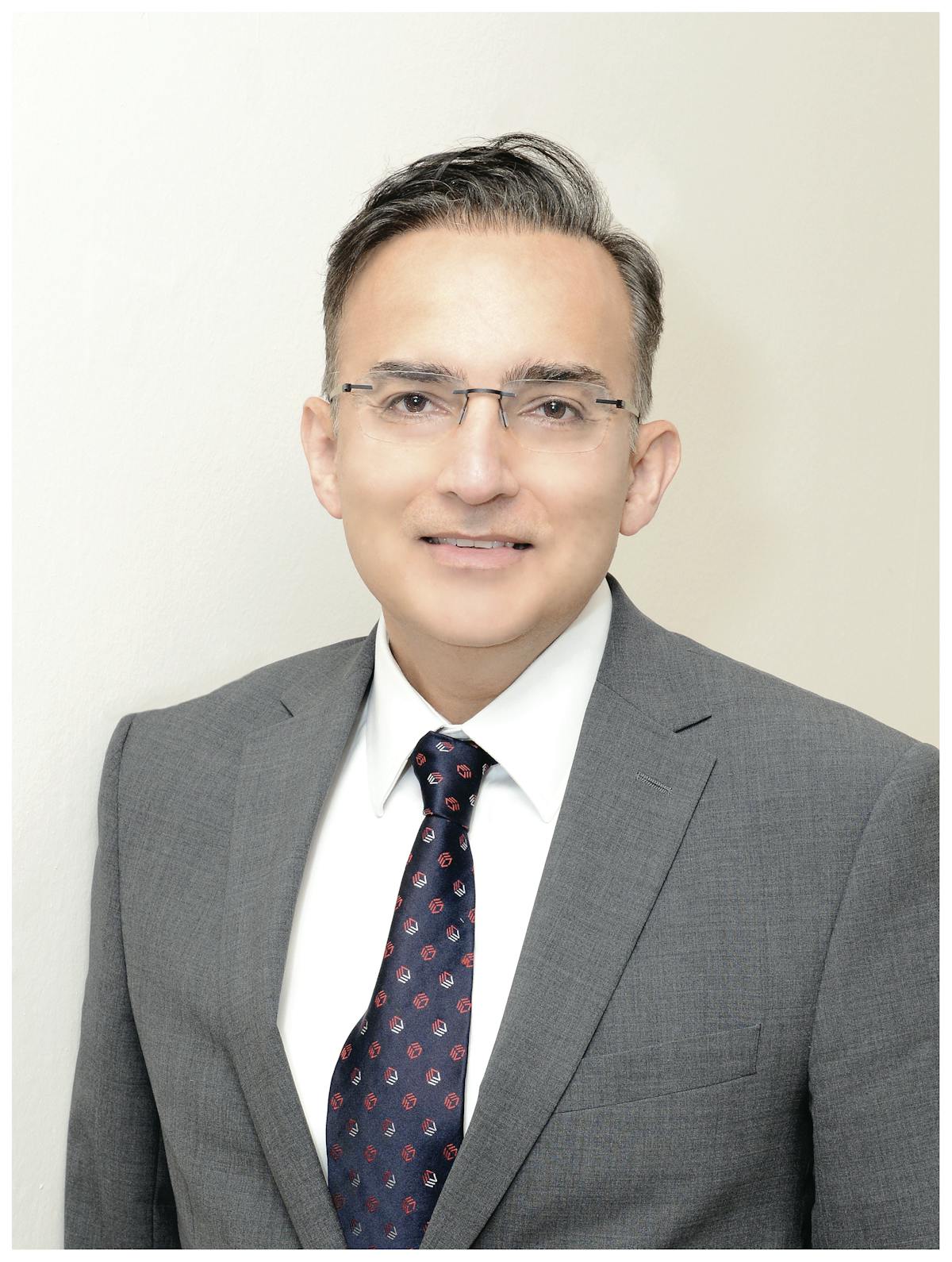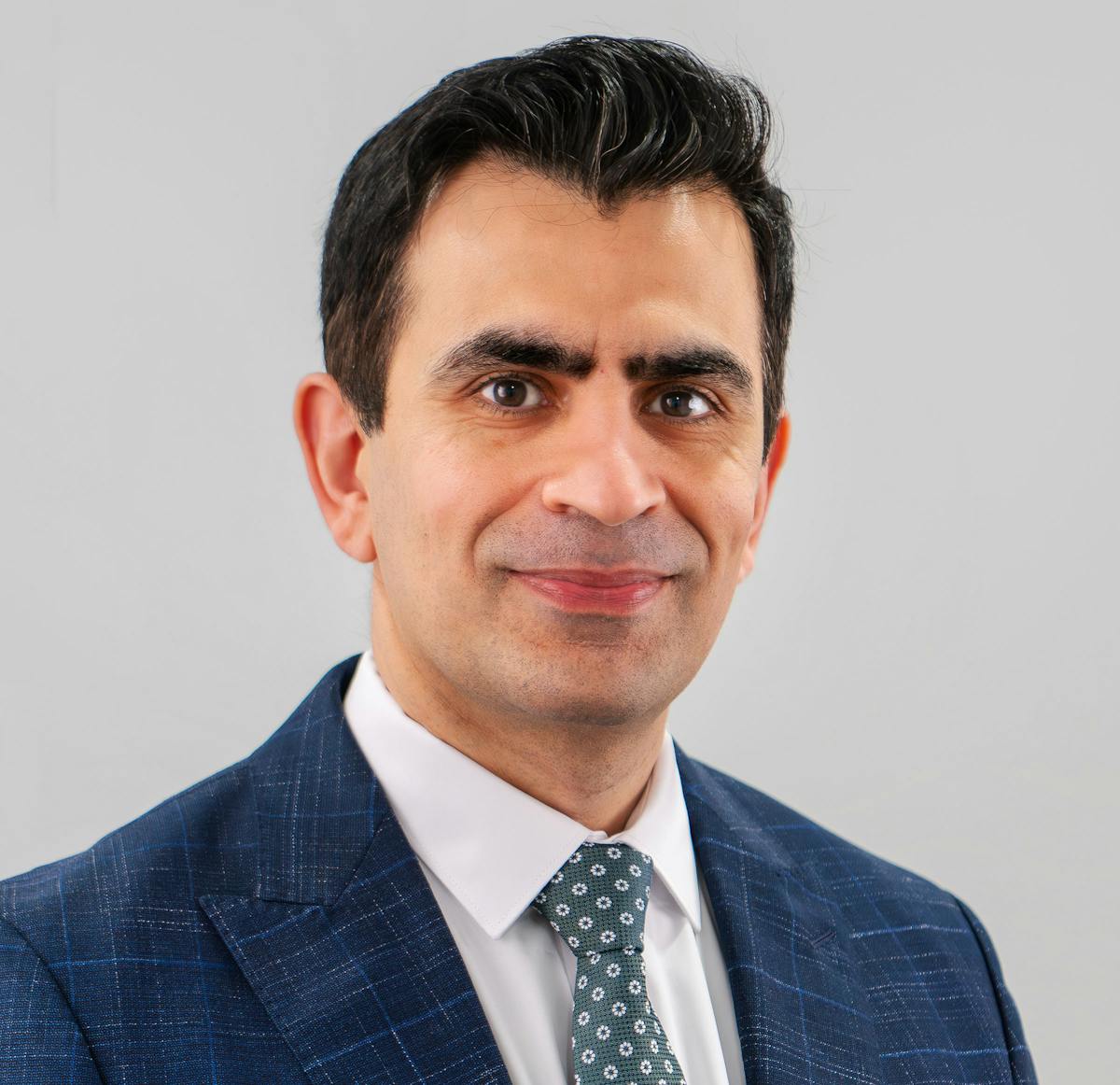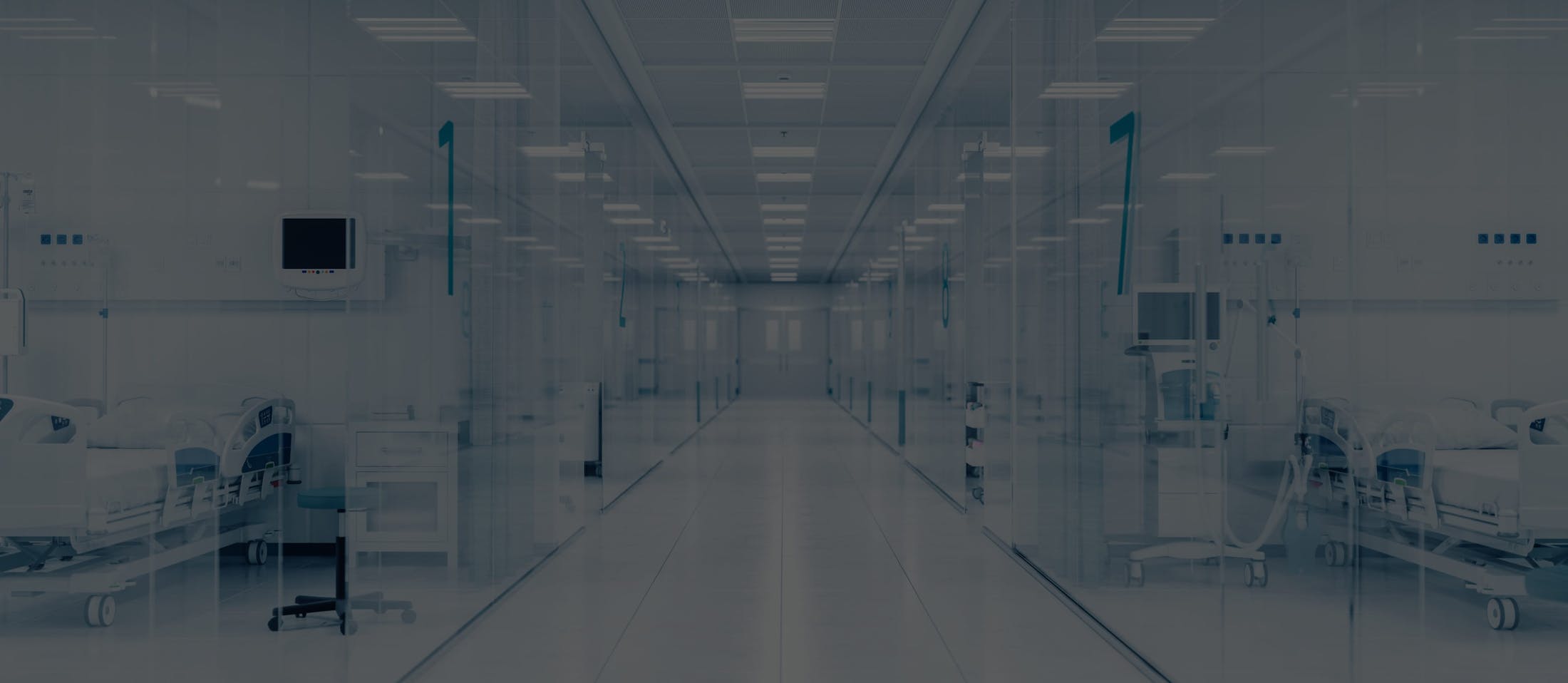Restoring You to YouSchedule Your Consultation Today
Contact UsOverview of Knee Arthroscopy
Knee arthroscopy is a minimally invasive surgical procedure that allows a surgeon to visualise, diagnose, and treat problems inside the knee joint. The procedure involves making small incisions in the knee and inserting a tiny camera called an arthroscope, which is connected to a video monitor, allowing your surgeon to see inside the knee joint and identify any problems. Knee arthroscopy is performed for a variety of reasons, including:
- Repair or removal of torn meniscus
- Removal of loose pieces of bone or cartilage
- Repair of damaged ligaments or tendons
- Removal of inflamed synovial tissue
- Treatment of knee fractures


